UK government spent £100m on cancelled carbon capture project
- Published
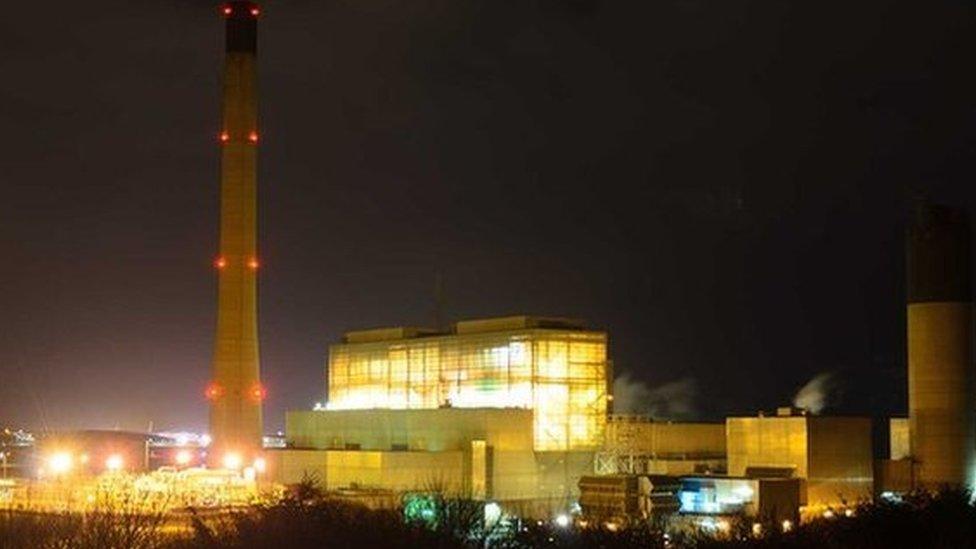
Peterhead power station was a bidder in the competition
About £100m was spent on a competition for developing carbon capture technology before it was scrapped, a new report has revealed.
Peterhead power station and the White Rose scheme in North Yorkshire were in the running to win the £1bn contract before it was cancelled in 2015.
It would have seen emissions from heavy industry stored permanently underground.
The National Audit Office has been looking into why the project was axed.
Value for money
It found a failure by the UK government's energy department to agree the long term costs of the competition with the Treasury led to its cancellation amid concerns over the price to consumers.
The UK government said it had not "closed the door" on carbon capture technology.
The Scottish government said lessons needed to be learned about the approach to this type of technology.
The carbon capture and storage (CCS) competition was the second bid by the UK government to support schemes that capture pollution from power stations or industry and store it underground - potentially helping meet greenhouse gas targets.
At the time it was cancelled, the competition had two preferred bidders: the White Rose consortium in North Yorkshire which planned to build a new coal plant with the technology, and Shell's scheme in Peterhead, Aberdeenshire, to fit CCS to an existing gas plant operated by SSE.
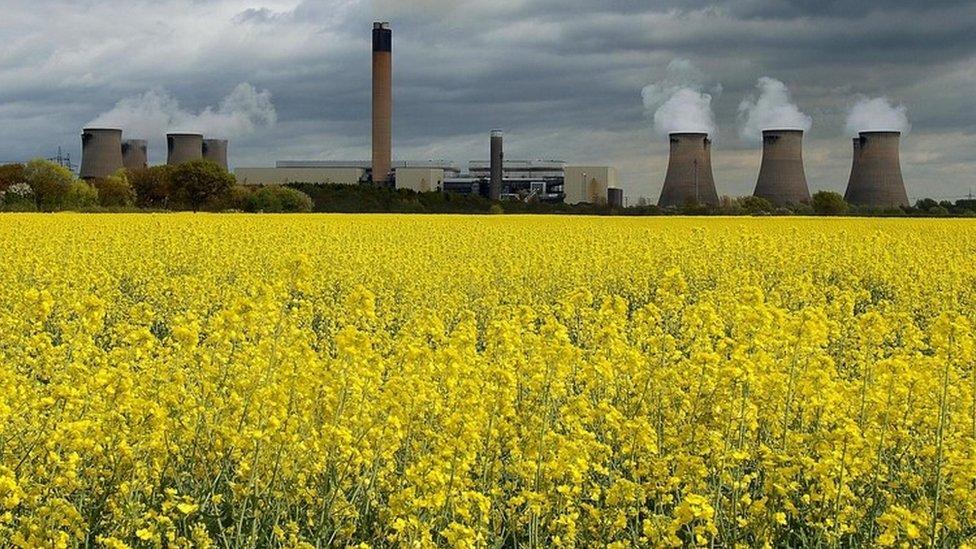
Drax power station in North Yorkshire was also involved
A report from the NAO warned it was "currently inconceivable" that CCS projects would be developed without government support, but the second competition did not achieve value for money.
The then-Department of Energy and Climate Change, now part of the Business Department (Beis), began the programme in 2012 without agreeing with the Treasury on the amount of financial support available over the lifetime of the projects.
This contributed to the Treasury pulling its pledged £1bn in capital funding in late 2015, resulting in the competition's cancellation.
Further investment
The NAO report said the department initially estimated it would cost consumers - who would subsidise electricity from the schemes - between £2bn and £6bn over 15 years, but by 2015, this estimate had risen to as much as £8.9bn.
The report found the Treasury was concerned over the costs to consumers, and that the competition was aiming to deliver CCS before it was cost-efficient to do so.
The Treasury also considered it would not guarantee further investment needed to expand the technology and that there were better uses for the £1bn.
While the second competition had some benefits, improving understanding of the risk and challenges in deploying CCS in the UK, cancelling it hit investor confidence, the NAO said.
A first competition to kick-start CCS was cancelled in 2011, the government having spent £68m on it.
'Particular problems'
Amyas Morse, head of the National Audit Office, said: "The department has now tried twice to kick-start CCS in the UK, but there are still no examples of the technology working.
"There are undoubtedly challenges in getting CCS established, but the department faced an uphill battle as a result of the way it ran the latest competition.
"Not being clear with HM Treasury about what the budget is from the start would hamper any project, and caused particular problems in this case where the upfront costs are likely to be high."
He added: "The department must learn lessons from this experience if it is to stand any chance of ensuring the first CCS plants are built in the near future."
A Beis spokesman said: "We haven't closed the door to carbon capture and storage technology in the UK, but decisions had to be taken to control government spending and protect consumer bills.
"This is why the government ended the funding for the CCS competition, and ensured taxpayers were protected from significant costs when the competition closed."
The Scottish government's minister for energy, Paul Wheelhouse, said the NAO report revealed the initial cost of the UK government's "lack of commitment" to the development of a technology which "has the potential to deliver important economic and environmental benefits for Scotland".
He added: "Their damaging decision to pull the rug from under the Peterhead project angered many locally and nationally who could see just how short sighted it was.
"But the final cost to Scotland of UK ministers' failure to provide leadership and commitment to CCS will be far higher if, as a country, we fail to capitalise on our expertise in this area and our existing infrastructure which could be used to deliver large-scale carbon capture and storage."
- Published25 November 2015
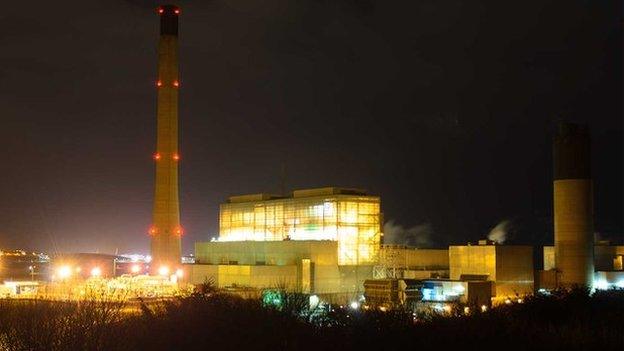
- Published25 September 2015
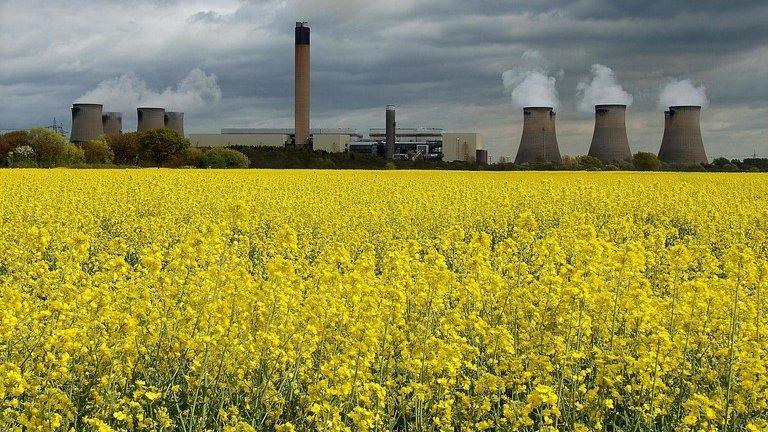
- Published18 June 2015
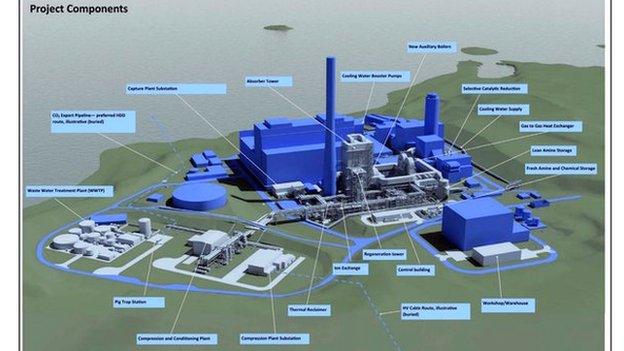
- Published4 June 2015

- Published23 March 2015
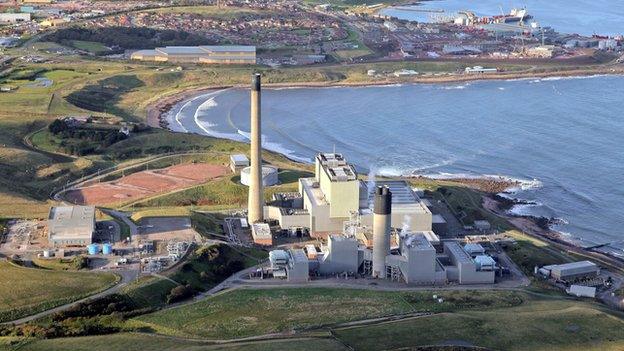
- Published23 March 2015
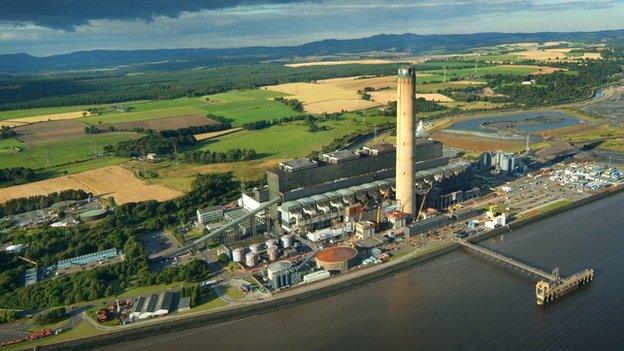
- Published19 December 2014
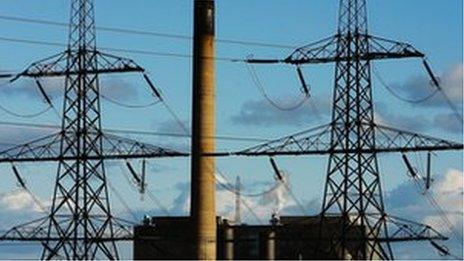
- Published24 February 2014
